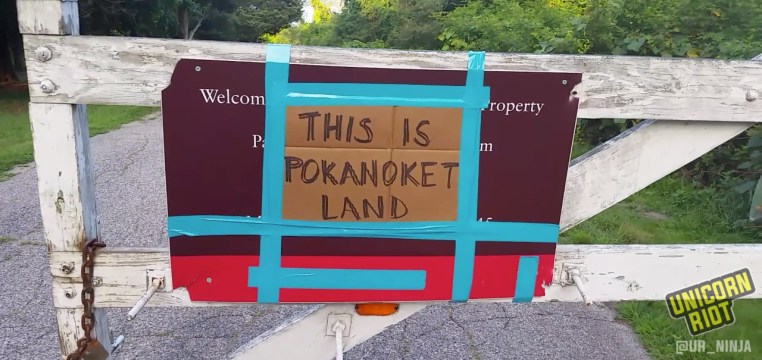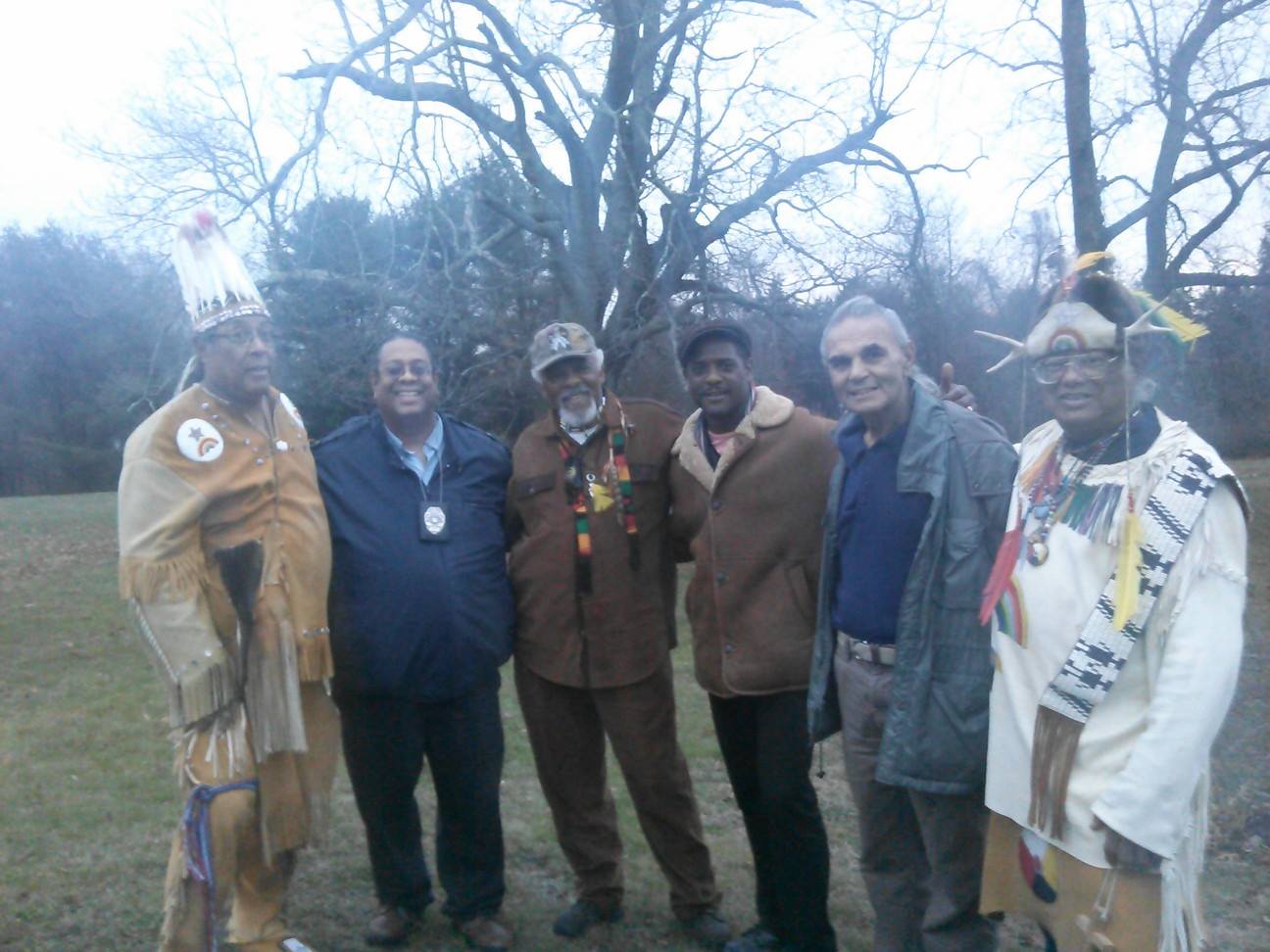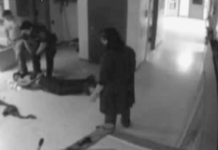
Pokanoket Nation forms encampment on University land in Bristol
In efforts to repatriate ancestral lands from the University, indigenous tribe gathers peacefully
Updated on August 21 at 10:40 p.m.
People of the Pokanoket Nation and allies joined together in Bristol Sunday afternoon to establish an encampment at Potumtuk, or Mount Hope, in a call for repatriation of the land from the University. The “long term encampment” follows legal action taken by the Pokanoket Tribe against the town of Bristol and the state of Rhode Island, according to a press release from the Fang Collective, an organization involved with the peaceful protest.
“We would like to sit down with Brown University, right here on this property, and break bread with them and talk about the repatriation of our land back to the stewards of the land, the original people who were here,” said Sagamore William (Po Wauipi Neimpaug) of the Guy Pokanoket Tribe/Pokanoket Nation in a Facebook live video hosted by the Fang Collective that showed the encampment on Sunday. “We’ve done everything possible to engage the powers, and they just don’t want to talk to us, so this is the next step.”
The University’s 402.92 acres in Bristol are valued by the city at $46,224,200, as of 2015 figures from the city’s public records. In a press release Sunday, the University reinforced its claim of ownership over the land, which houses the Haffenreffer Museum of Archaeology’s Collections Research Center and was largely donated in pieces by the Haffenreffer family. An update to the statement Monday morning noted the University’s recent involvement in a ceremony in which other indigenous groups “reburied human remains and funerary objects repatriated from the Haffenreffer Museum’s collection, as well as from other museums.”
“The property ownership was legally transferred to Brown, and the University has been a positive steward of the land,” according to the University press release. “Brown has maintained clear legal title for more than 60 years.”

The Fang Collective’s press release presents a contrasting version of events, noting that the Pokanoket Tribe hopes to counter continued neglect of the land and restore its previous flourishing that benefitted its wildlife and inhabitants. “The Pokanoket Tribe are the people who welcomed the Pilgrims, who were seeking religious freedom, to this country. Yet the Pokanoket cannot practice their own spiritual and cultural traditions without having to ask permission to gain access to their own ancestral lands,” the press release continued.
“Given the tremendous historical and cultural importance of the Mount Hope area, the Haffenreffer Museum staff and Brown University have long valued their relationships with local Native American communities,” said the University’s press release.
“Our understanding is that tenants of the land are able to come and go,” wrote Cass Cliatt, vice president for communications, in an email to The Herald. “The University believes strongly that our focus should be productive conversations with the Pokanoket,” she wrote, adding that as of Monday morning, the University had not spoken with anyone taking part in the encampment.
The Facebook live video, which received more 40,000 views, requested supplies to sustain the encampment. “They’ve acted as though we are an invisible people, so this is the only means open to us,” William said.










